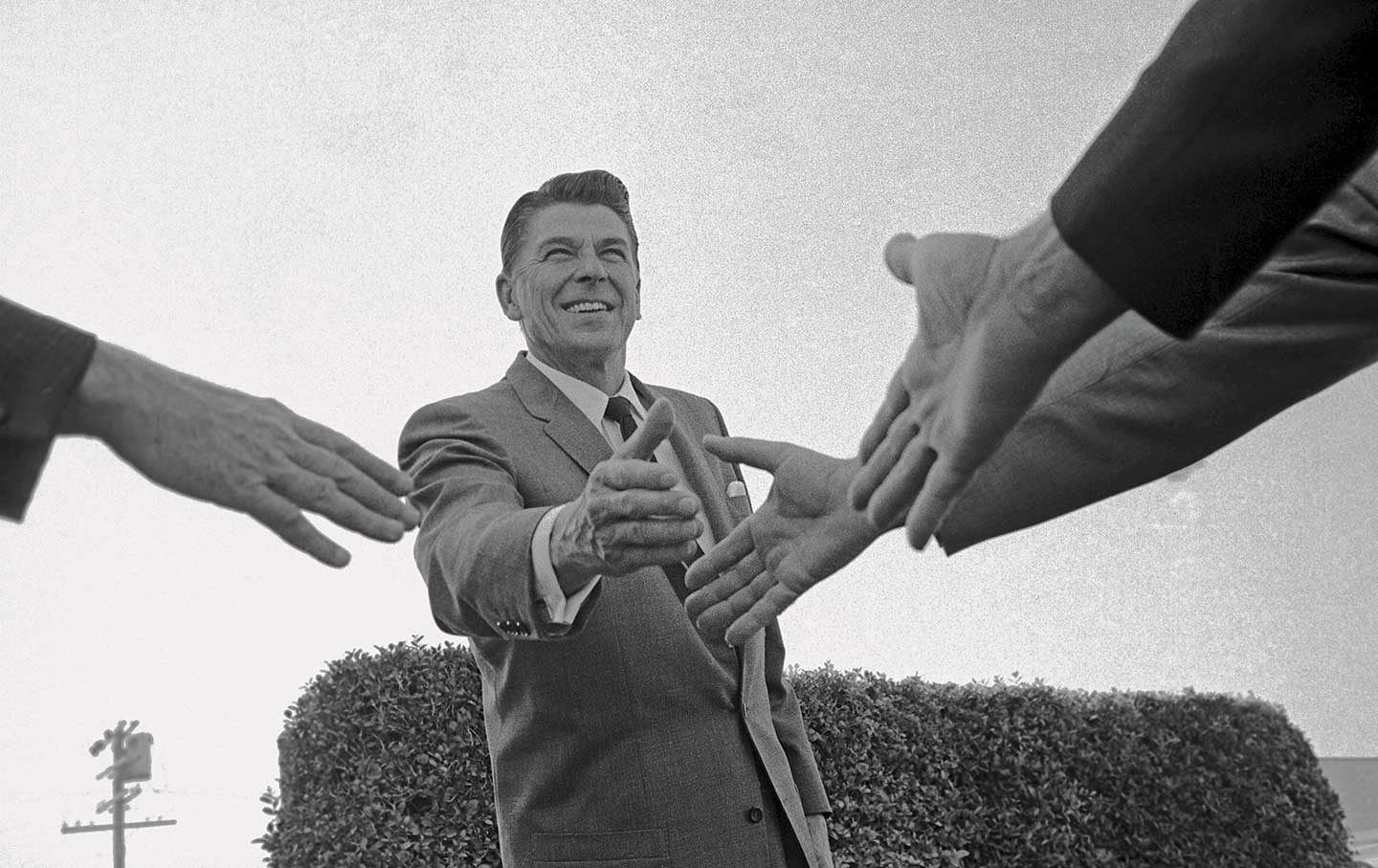
The Movement President The Movement President
Did Ronald Reagan help launch a movement—or did a set of movements help launch him?
Jul 12, 2021 / Books & the Arts / Thomas Meaney
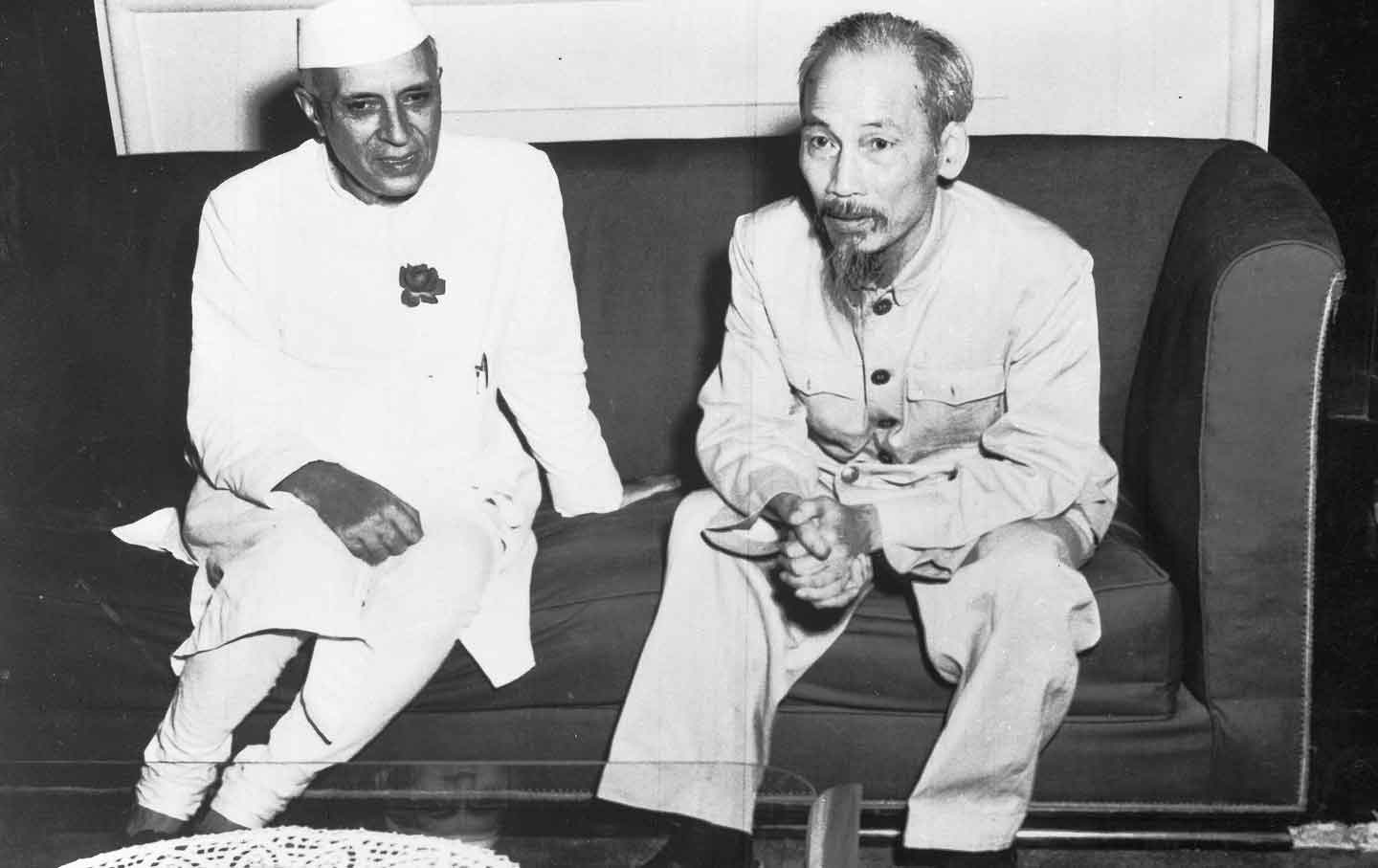
Michael Walzer, Revolutionologist Michael Walzer, Revolutionologist
The political theorist’s new book on national liberation can’t answer one key question: Why have those words become obsolete?
Nov 18, 2015 / Books & the Arts / Thomas Meaney
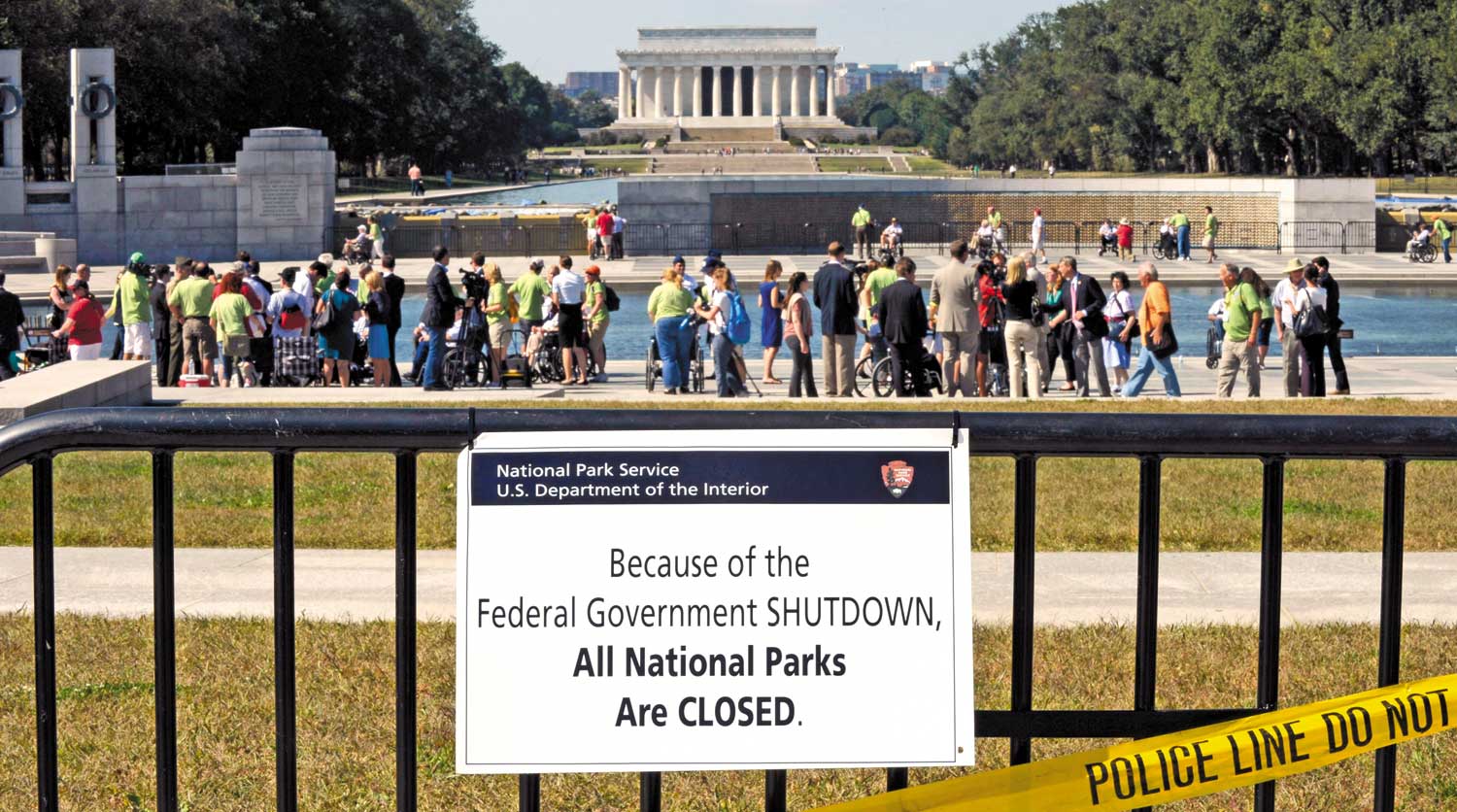
The Great Chastening The Great Chastening
For Francis Fukuyama and John Dunn, our democratic crisis is the result of an intellectual failure.
Mar 4, 2015 / Books & the Arts / Thomas Meaney

Jokowi’s Way Jokowi’s Way
Can Indonesia’s charismatic new president solve the slow-burning crises of the world’s third-largest democracy?
Sep 3, 2014 / Books & the Arts / Thomas Meaney and Saskia Schäfer
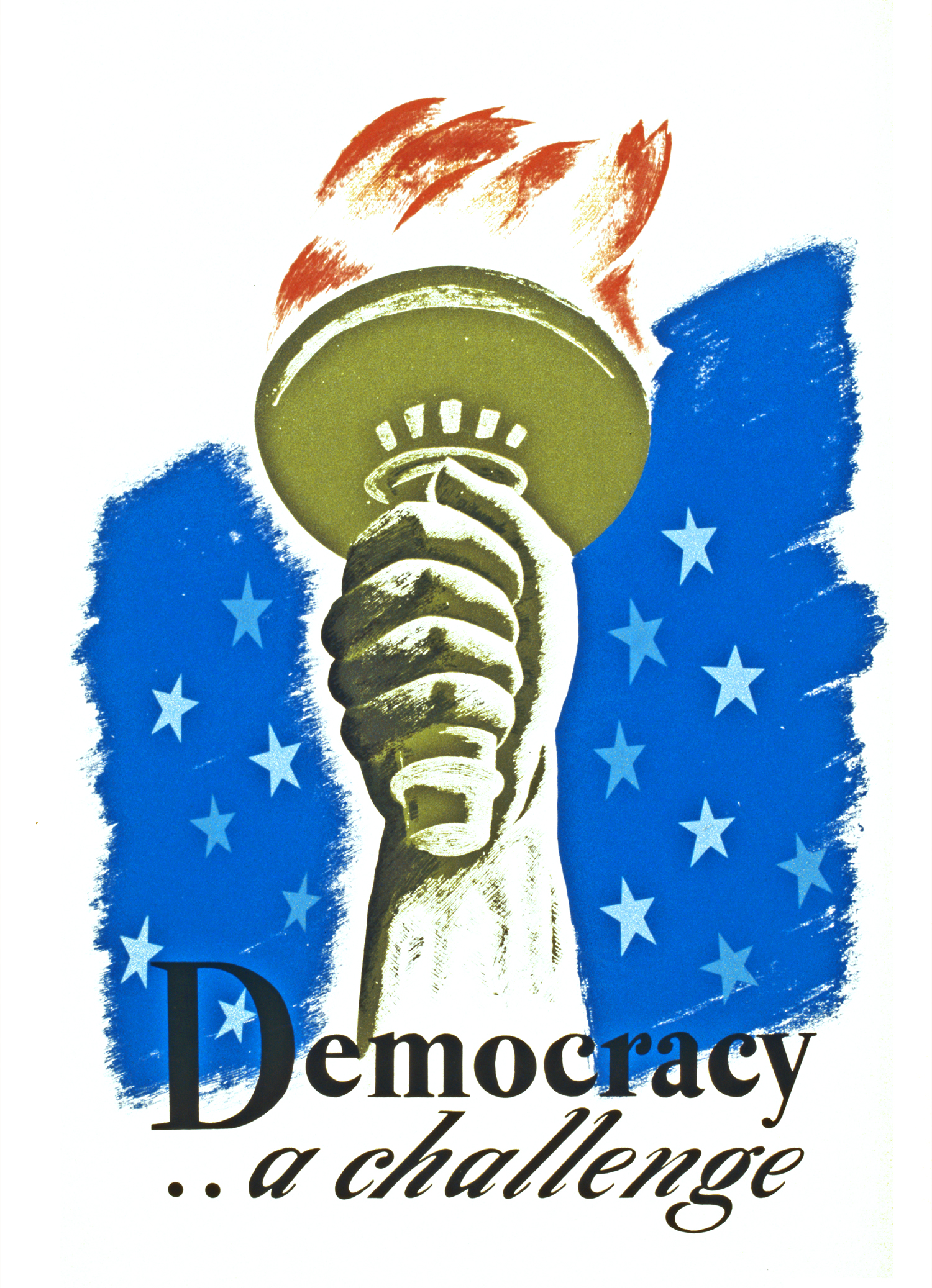
What Was Democracy? What Was Democracy?
Democracy was once a comforting fiction. Has it become an uninhabitable one?
May 13, 2014 / Books & the Arts / Thomas Meaney and Yascha Mounk

Power Down Power Down
The humanitarian impulse has not vanished from US foreign policy. It has simply split into two camps.
Nov 19, 2013 / Books & the Arts / Thomas Meaney

The Colonist of Good Will: On Albert Camus The Colonist of Good Will: On Albert Camus
Algerian Chronicles shows that Camus still has something to say to us—not about terrorism but economic justice.
Aug 27, 2013 / Books & the Arts / Thomas Meaney
Letters Letters
No good deed goes unpunished; smashing the glass ceiling; the dollar rules the world
Jul 2, 2013 / Letters / Our Readers and Thomas Meaney
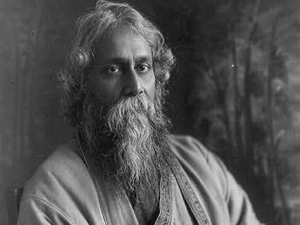
Empire States: On Pankaj Mishra Empire States: On Pankaj Mishra
Why a passionate history of global alternatives to liberal capitalism becomes an exercise in nostalgia.
May 15, 2013 / Books & the Arts / Thomas Meaney
Letters Letters
Can Israel Do No Right? New York City There’s something I don’t understand about Phyllis Bennis’s editorial “Israel’s War on Gaza” [Dec. 10] regarding Israel and Hamas. The latter is a totalitarian organization devoted to terrorism, Jew-hatred, kidnapping, the oppression of women and the destruction of Israel, and was lobbing hundreds of rockets into Israel proper (not the West Bank). This led, as we know, to Israel’s attack on Gaza, where Hamas rules. Now, one may not approve of Israel’s reaction—I sure don’t. Indeed, I believe it to be profoundly counterproductive, just as I believe Israel’s occupation policy to be so. But in Bennis’s editorial you will find no mention of any of the above. Israel, once again, appears to be attacking and oppressing Palestinians for no good reason. Or perhaps because it’s just fun. Who knows? The issue is never engaged. I have to wonder. Who are such editorials supposed to convince? Certainly nobody in Israel is going to listen to a voice that evinces no concern for the safety of its citizens. And why is Hamas given a pass for its horrific behavior and rhetoric? A recent report by Human Rights Watch, for instance, details cases of alleged torture and death in detention, a lack of due process and trials of civilians in military courts. A man named Abdel Karim Shrair was executed by firing squad in May 2011 for allegedly collaborating with Israel, based, according to HRW, on confessions apparently obtained through torture. In the words of Joe Stork, HRW’s deputy Middle East director, “After five years of Hamas rule in Gaza, its criminal justice system reeks of injustice, routinely violates detainees’ rights and grants impunity to abusive security services.” Where, pray tell, is the outrage? And what about what its leaders say about Jews—not “Israeli” Jews? I could give thousands of examples, but how about this one: “Our struggle against the Jews is extremely wide-ranging and grave,” according to the organization’s charter. “Israel, by virtue of its being Jewish and of having a Jewish population, defies Islam and the Muslims.” Does that sound like a party with whom one might negotiate a lasting peace? One can disagree with the degree of importance one attaches to such statements, but to ignore them entirely is to ignore reality and, in this view at least, morality. Just what practical value it has also escapes me. ERIC ALTERMAN Nation columnist Bristol, Pa. I have been reading The Nation since the 1920s. Now I know why—again! Ahead of The New York Times, where I “copy-boyed” in 1946, Phyllis Bennis lays out all I’ve been feeling for so long. ARTHUR B. SHENEFELT Bennis Replies Washington, D.C. Eric Alterman is angry that I gave “no good reason” for Israel’s recent assault on Gaza. Israel had very clear motivations—but I guess Alterman didn’t like my explanation of them. I don’t know why; I quoted Israel’s army chief of staff. I would have thought Alterman would like that. Maybe he didn’t like my saying the timing was likely linked to Netanyahu’s January re-election plans. But not to worry. Apparently it doesn’t matter whether I got the reasons right. Alterman knows exactly what caused Israel’s most recent escalation. Actually, “we” all know. It’s because Hamas is a “totalitarian organization, devoted to terrorism, Jew-hatred, kidnapping, the oppression of women and the destruction of Israel, and was lobbing hundreds of rockets into Israel proper (not the West Bank).” Really. That’s a lot to be “devoted” to. It’s also straight out of AIPAC–style talking points, resting on the longstanding Islamophobic assumptions about Hamas so popular in the West. And even for mainstream American media—which too often blithely accept government definitions of Hamas = Terrorists—it’s hopelessly out of date. Israel began this escalation with the assassination of Ahmad Jaabari, the military chief of Hamas. Was he responsible for attacks violating the limitations that international law places on legitimate resistance to occupation? Almost certainly. But he was also negotiating peace with Israel at the moment he was murdered. I guess Alterman didn’t read enough of my editorial to learn how Hamas’s strategic positioning has changed in the new Middle East: having broken with Syria, and distanced itself from Iran, Hamas has among its closest supporters these days Egypt and Turkey, the same governments Washington so desperately needs as allies in the region. Maybe it’s those changing relationships pushing Hamas in new directions—such as when Hamas leaders recently condemned the killing of six alleged collaborators in Gaza. Maybe they’ll also help Hamas create a more transparent and accountable legal system. And by the way, Eric, don’t worry if “nobody in Israel” reads or agrees with my articles. Sorry if you think Israelis are the only ones who matter, but they’re not the ones I’m writing for. Unofficially, Israelis actually talk to Hamas. I write for people in this country who pay the taxes and vote in the politicians that finance and enable Israel’s assault in the first place. PHYLLIS BENNIS Chicken Wire & Nietzsche Santa Clara, Calif. Regarding Thomas Meaney’s review of Robert A. Caro’s The Years of Lyndon Johnson [“Chicken Wire and Telephone Calls,” Dec. 10], he uses the terms “antiquarian,” “monumental” and “critical” to describe Caro’s treatment of Johnson’s history. These are not his terms, but were borrowed from Friedrich Nietzsche’s “On the Uses and Disadvantages of History for Life” (1874). Because the meaning of these terms is not intuitively obvious, especially the first two, Meaney could have explained how Nietzsche used them and then how they apply to Caro’s book. Briefly, the monumental consists of glorifying past events at the expense of the present, the antiquarian preserves details that define identity and local communities, and the critical interrogates the past seen as anti-life. All three approaches are valuable in their own way but have their limitations. Not being a historian, I do not know if these terms have become standard usage in the field, but since they were highlighted on page 31, they invite additional consideration. ALFRED JAN Meaney Replies London Alfred Jan is right that I borrowed those historical categories from Nietzsche. I expected readers familiar with Nietzsche, like Mr. Jan, to pick up on that. I did not want to burden other readers with a digression on how Nietzsche himself understood those terms. In any case, Nietzsche did not think monumental history was “glorifying past events at the expense of the present.” He thought the past could often be of service to the present. THOMAS MEANEY
Dec 31, 2012 / Letters / Our Readers, Eric Alterman, Phyllis Bennis, and Thomas Meaney
